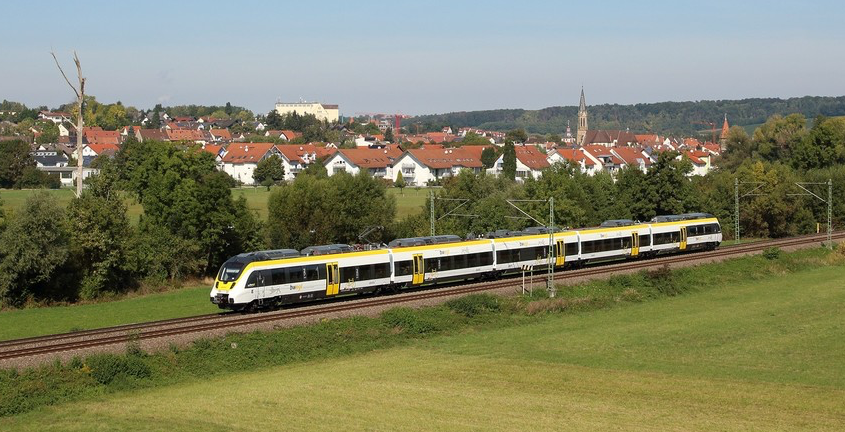Aviation news Business News Communications News Consumer News Economic News Economy News Electric Vehicle News Environmental News European News Finance News German green Green Energy News International News Light Rail News Manufacturing & Assembly News News Public Transit Transport Railroad stock stock news Train news transport Transportation Transportation News travel Travel news Zero Emission News
Alstom Leads Way for Automated Train Operation in Stuttgart Network
Alstom (OTC: ALSMY) has signed a contract with Germany’s Baden-Wuerttemberg State Institute for Rail Vehicles (SFBW) to retrofit 118 regional trains with the European Train Control System (ETCS) Automatic Train Operation (ATO) digital signalling technology.…
